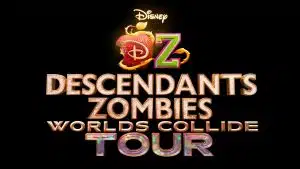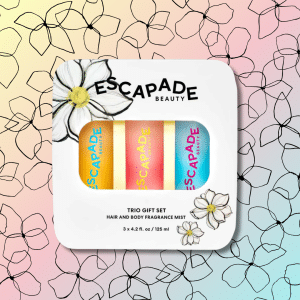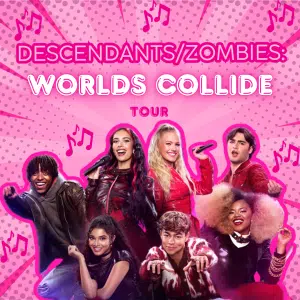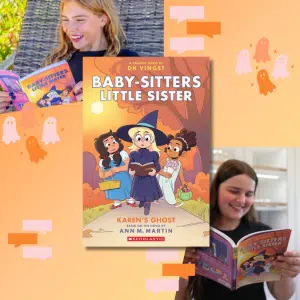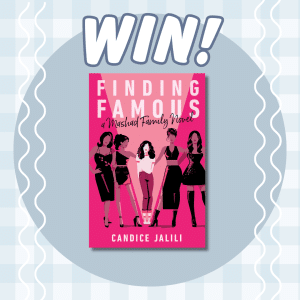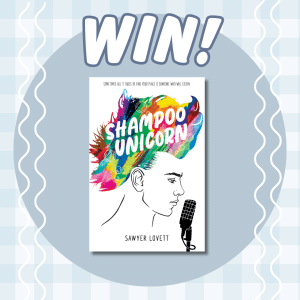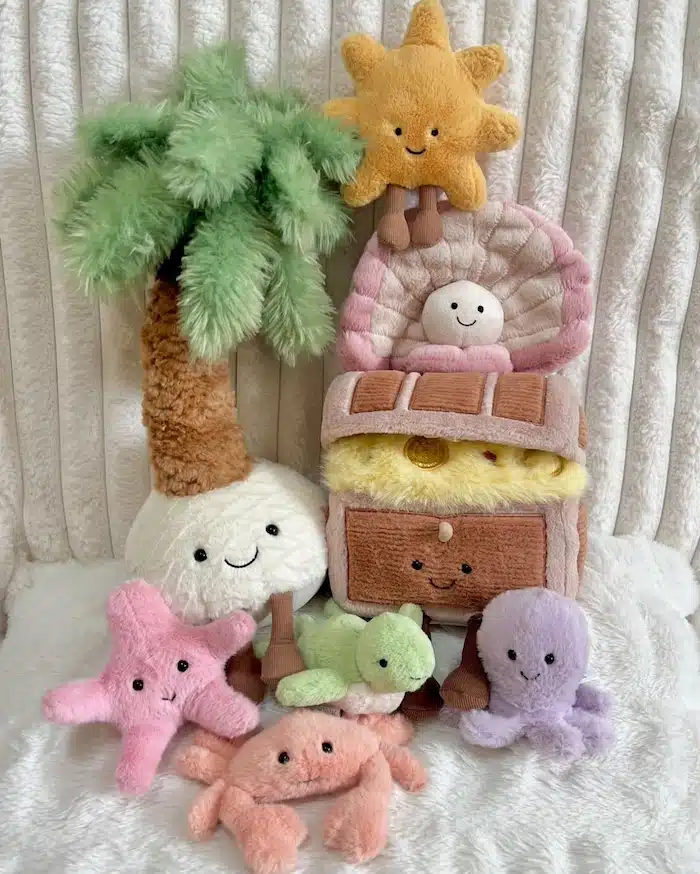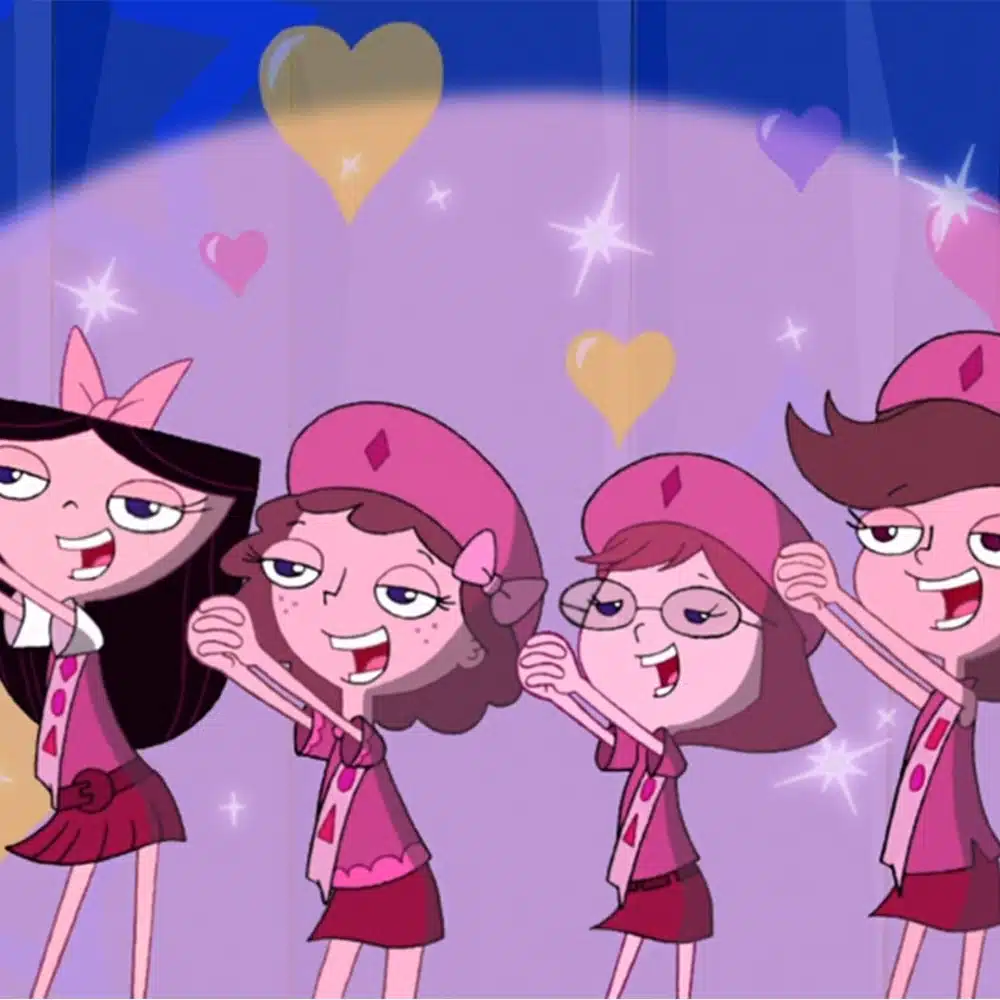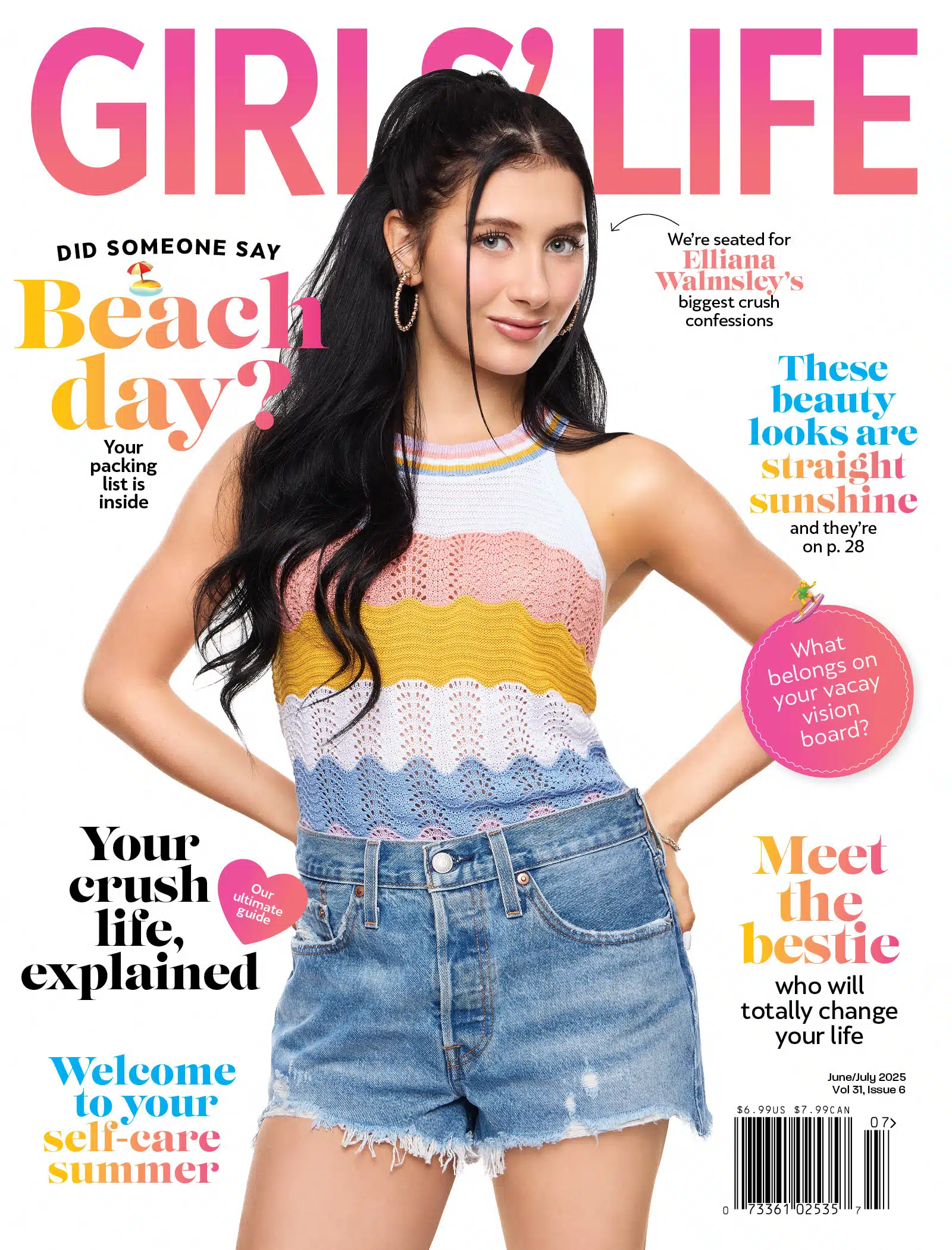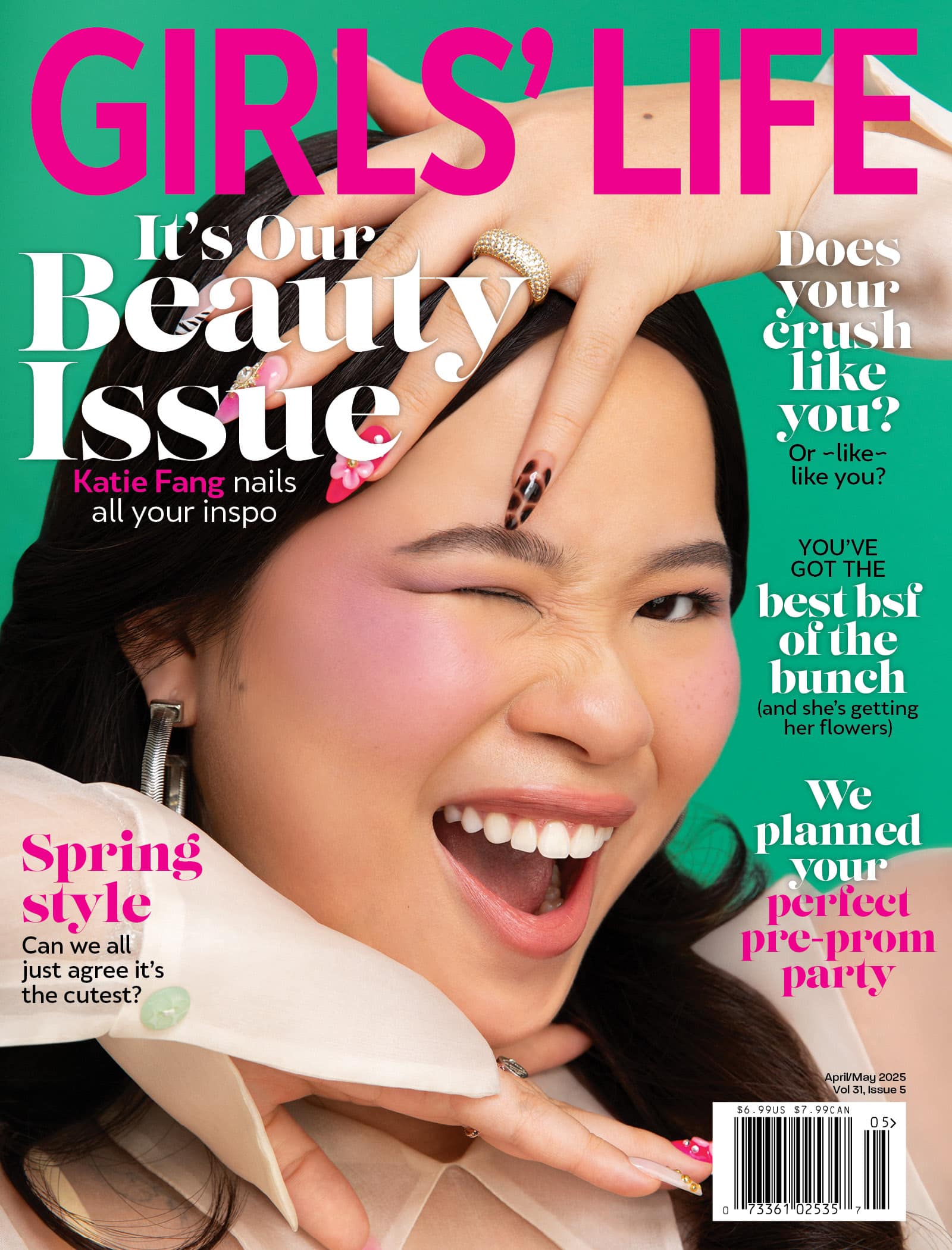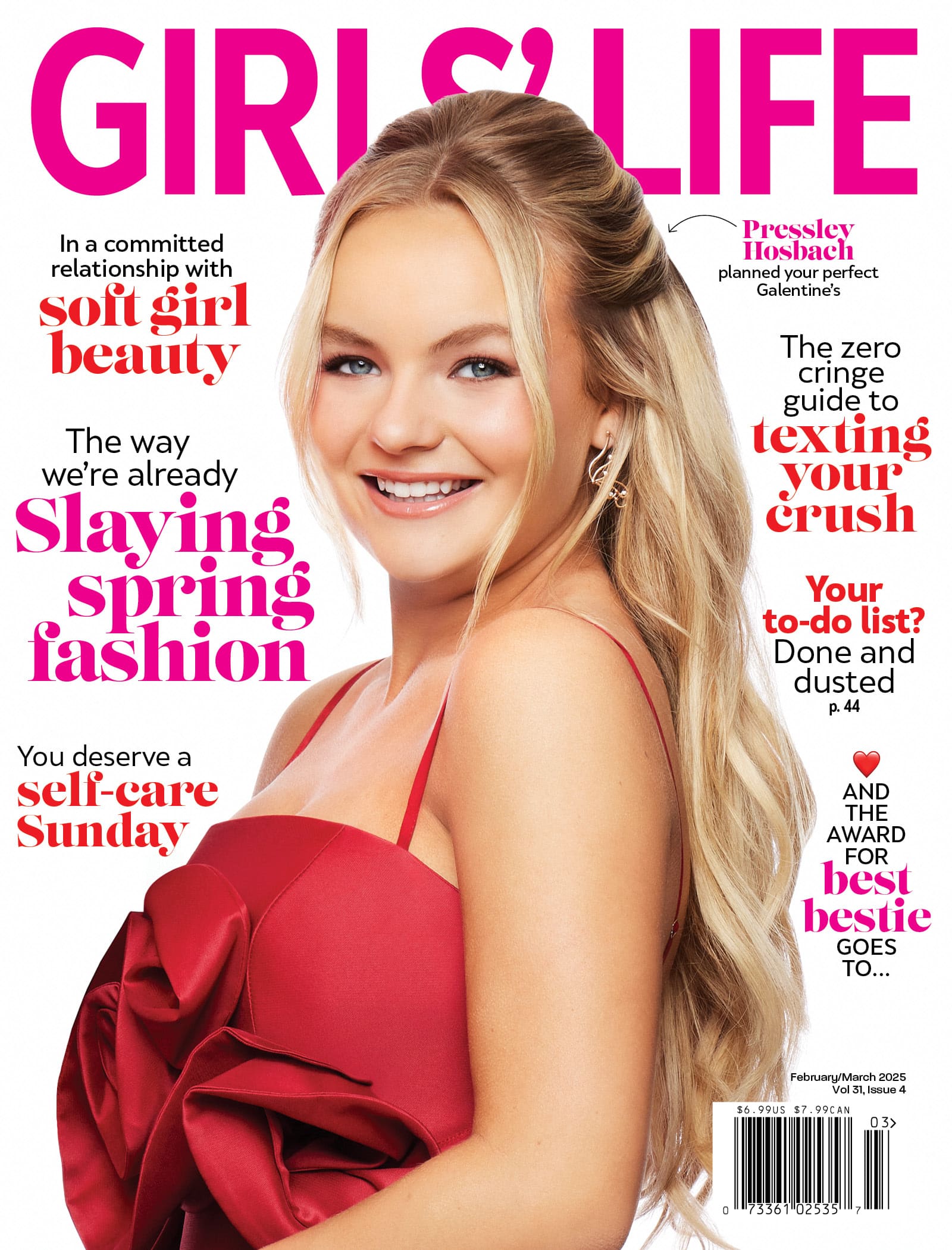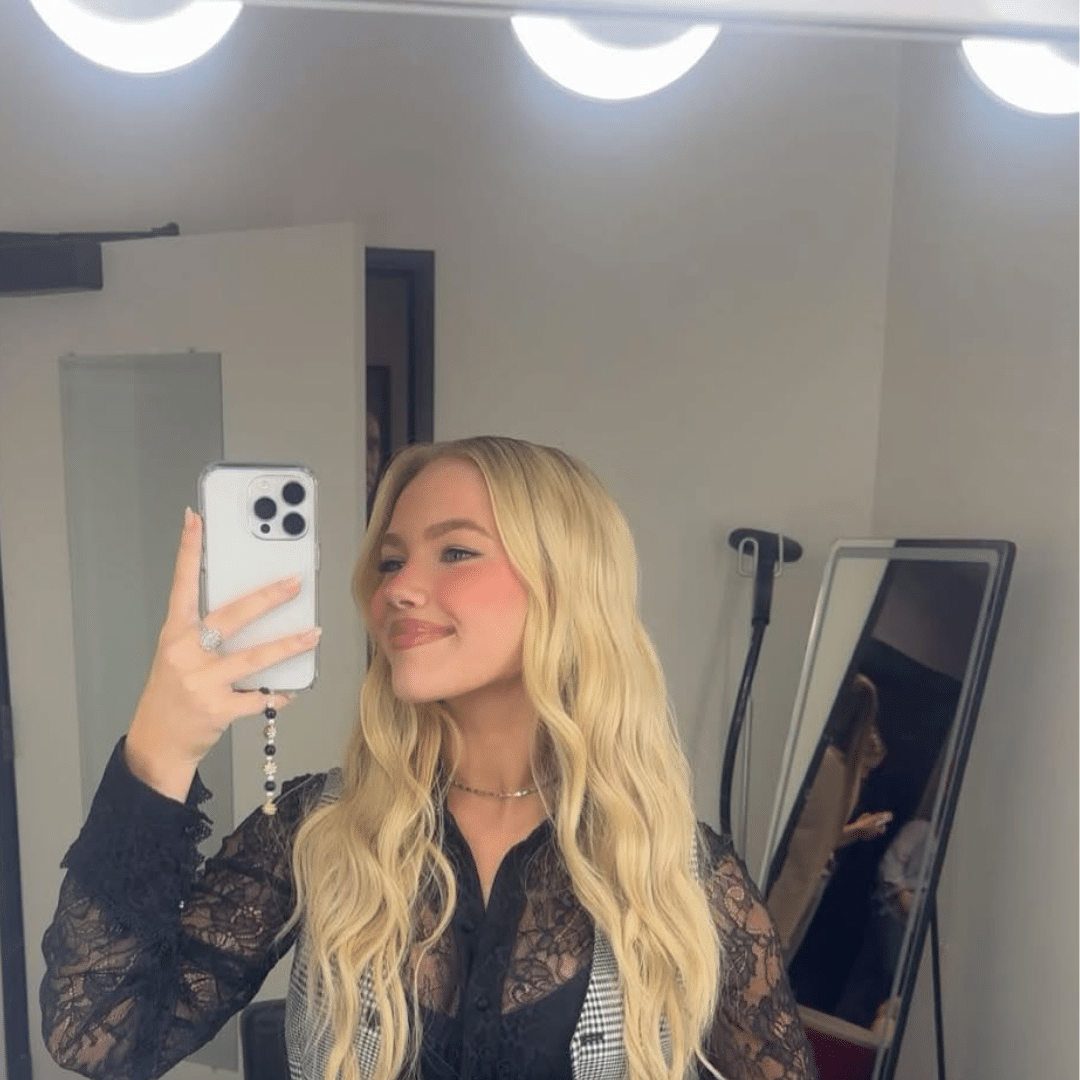
If you or someone you know is struggling with negative thoughts, thoughts of self-harm or suicide, call or text the Suicide and Crisis Lifeline at 988.
A video pops up on your FYP of someone sharing how they discovered they have OCD, ADHD, anxiety or another mental health condition you’ve vaguely heard of.
Maybe you watch and think, Oh my god, I do that, too! Before you know it, you’ve binged countless TikToks of people sharing their symptoms and coping mechanisms, found through a mix of hashtags and recommended posts.
It’s great that more people are opening up about their mental health, but there’s a line between checking in with yourself and self-diagnosing. The question is: How do you know when you’ve crossed it?
Your TikTok Therapist will see you now
If mental health topics keep popping up on your FYP, you’re not alone. Research shows that nearly one in two TikTok posts are now about emotional wellness.
In many ways, this is a positive: “Mental health content on social media can raise awareness, reduce stigma and help people feel less alone when they hear others share similar experiences,” says Dr. Caroline Fenkel, an adolescent mental health expert at Charlie Health.
Talking about how you feel is the first step to getting help—and not struggling in secret. And before social media, it wasn’t always easy to access information on conditions like depression or autism, notes therapist Lindsey Rae Ackerman.
Now, you can easily find info online, including hearing other girls’ experiences and comparing them to your own. “It has normalized conversations that were once taboo, like experiencing anxiety,” Ackerman adds.
While information is power, where it comes from matters. If social media is your main source, you’re probably getting some “facts” that aren’t true. Research in The Canadian Journal of Psychiatry found that 52% of TikTok videos about ADHD were misleading. Another study revealed that nearly 85% of mental health content on TikTok is inaccurate. Yikes.
The key takeaway here? Knowing that just because someone calls themself a mental health expert doesn’t mean they are one. So how do you know who’s legit?
Ackerman and Dr. Fenkel recommend checking the credentials of the person posting. If they have initials like LMFT (licensed marriage and family therapist), LCSW (licensed clinical social worker) or LPC (licensed professional counselor), their info is likely evidence-based. Psychiatrists (MDs) are also reliable sources, so look for that in their bio. Otherwise, beware—the insights you’re getting may not be trustworthy.
Falling down the mental health rabbit hole
Besides the risk of consuming misinformation, another major pitfall of researching on social media is how easy it is to get sucked in, watching endless posts about a condition, only to convince yourself you have it.
That’s exactly what happened to Katy Paige R., 18. “My TikTok algorithm loves showing me videos from random people talking about their personal experiences and offering advice,” she says, acknowledging that she’s fallen into the self-diagnosing spiral. “I recently saw a post about OCD. Some symptoms felt familiar, so I decided I should learn more about the disorder.”
Katy Paige says she watched video after video about how to diagnose OCD, its common symptoms and how to treat it. “After about two hours, I decided I had the disorder and let this false diagnosis define me, even though I was just going through a normal period of stress. Looking back, it was embarrassing—and frustrating that this misinformation was so easily available to me,” she says.
Ackerman says Katy Paige’s experience is very common. “You can start experiencing a symptom even if you don’t have the underlying condition, just by focusing on it,” she explains.
Think about how much TikTok can affect your mood. Pumped after seeing a concert snippet from the Short n’ Sweet Tour? Down in the dumps after watching videos about senior dogs? The same goes for mental health content. If you’re constantly scrolling through anxiety storytimes, you’re naturally going to feel more on edge.
“When I was going through a major bout of health anxiety, I binged videos of girls getting diagnosed with scary diseases and how they coped,” shares Erin K., 16. “It did the opposite of help. Instead, I started obsessing even more about things I was feeling in my body.”
Setting healthy boundaries
Though normalizing the conversation around mental health is important, if the posts you’re seeing are making you feel worse instead of better—or if you’re constantly analyzing your every move to see if you have a mental health condition—these could be signs you’re consuming too much content.
Similarly, if watching these videos is causing you to put off homework or decline invites to hang out with friends, it’s time to put your phone down.
Both experts recommend setting a time limit on app usage to help establish boundaries. Instead, try doing something that will ground you, like listening to a chill playlist or watching a comfort movie.
Help is out there
If you genuinely think you may have a mental health condition based on something you saw on social media, Ackerman recommends talking to a parent, teacher or guidance counselor who can connect you with a mental health professional. This way, you’ll know for sure if it’s something you’re truly experiencing or if your self-diagnosis is off-track.
“It’s important to remember that social media is just one small slice of the broader mental health conversation,” advises Dr. Fenkel. She explains that while it can be a helpful starting point, real understanding and growth come from engaging with trustworthy resources, having open conversations and seeking professional help when needed.
“Mental health is complex, and social media often simplifies things in ways that don’t reflect reality,” she adds. “Balance and critical thinking are key.”
Hey, girl! Just wanted to let you know, this piece originally ran in our February/March 2025 issue. Want more? Read our print mag for free *today* when you click HERE!







